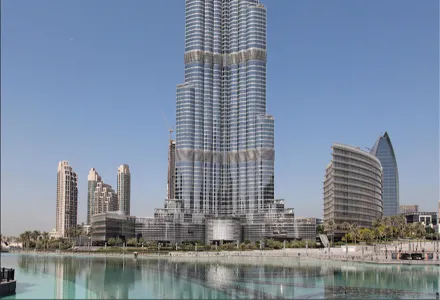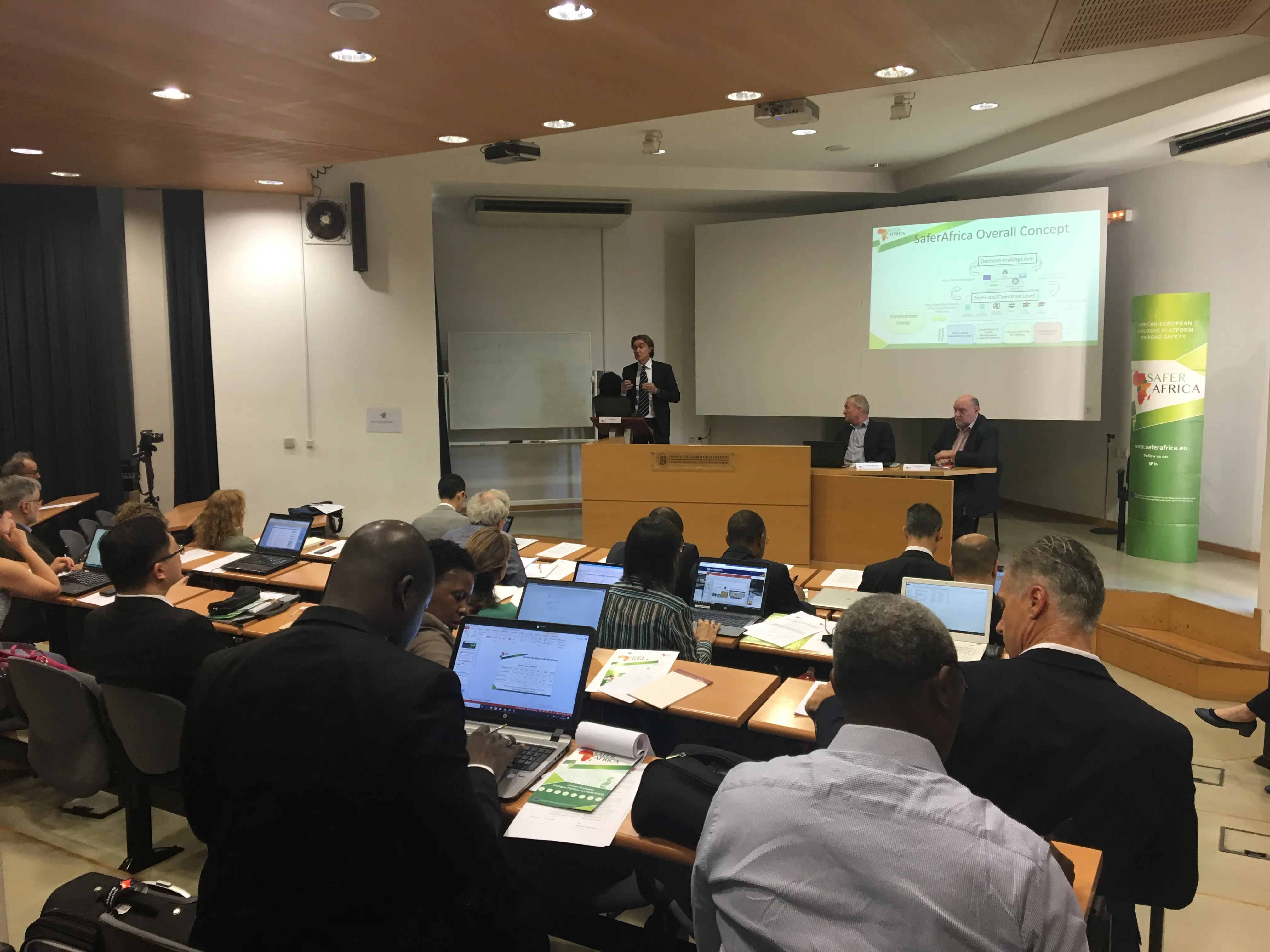The IRF Washington office is calling for presentations for its Safer By Design event. The AFB20(2) Roadside Safety Design Subcommittee on International Research Activities will be conducting its Annual Meeting during TRB week January 7th-11th 2018. The featured topic for this year’s meeting will be Non-Hardware Roadside Safety Solutions. The topics in focus are likely to include rumble strips, high friction surface technologies, road markers, vertical signage, horizontal signage and autonomous vehicles.
November 15, 2017
Read time: 1 min
The 3918 IRF Washington office is calling for presentations for its Safer By Design event. The AFB20(2) Roadside Safety Design Subcommittee on International Research Activities will be conducting its Annual Meeting during TRB week January 7th-11th 2018.
The featured topic for this year’s meeting will be Non-Hardware Roadside Safety Solutions. The topics in focus are likely to include rumble strips, high friction surface technologies, road markers, vertical signage, horizontal signage and autonomous vehicles.
Additional presentations related to roadside safety, including roadside safety hardware developments, evaluations of the effectiveness of using a given barrier, terminal or crash cushion for example are also welcomed. These presentations will be included if time allows.
The featured topic for this year’s meeting will be Non-Hardware Roadside Safety Solutions. The topics in focus are likely to include rumble strips, high friction surface technologies, road markers, vertical signage, horizontal signage and autonomous vehicles.
Additional presentations related to roadside safety, including roadside safety hardware developments, evaluations of the effectiveness of using a given barrier, terminal or crash cushion for example are also welcomed. These presentations will be included if time allows.









